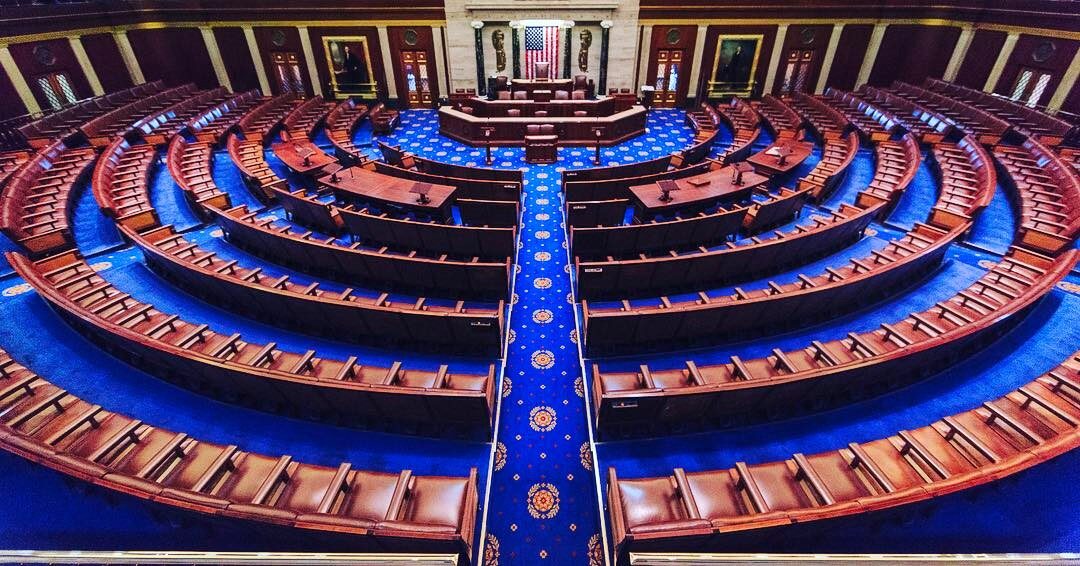“Australia Rocks!” exclaimed Tesla CEO Elon Musk on Twitter as the entrepreneur revealed details of his firm’s latest groundbreaking project – the installation of a 129 MWh lithium-ion battery in Southern Australia.
The project will see Tesla team with French renewable energy firm Neoen – which developed and owns Europe’s largest solar farm, Cestas – to install the facility, which is being supported by the South Australia government’s $550 million energy plan.
Musk’s legion of Twitter followers quickly dug out a tweet sent in March stating that Tesla will pledge to have the system installed and working 100 days from the date of the contract signature, otherwise the energy will be delivered for free. Musk confirmed that he will be standing by this pledge. In California, Tesla completed the installation and commissioning of an 80 MWh battery farm in just 88 days. This project, however, is far larger.

The battery will be installed near Jamestown in the mid-north of South Australia, and will be paired with the Hornsdale windfarm to help stabilize the volume of intermittent renewable power being fed into the grid.
Despite Musk’s evident confidence on social media, the tycoon was nevertheless slightly cautious when pressed by reporters in Adelaide about the technical challenges facing Tesla and Neoen.
“When you make something three times as big, does it still work as well?” he mused. “We think it will, but there is some risk in that. We are confident in our techniques and the design of the system.”
Musk added that he believes the battery will offer a “fundamental efficiency improvement for the grid”, and that its ability to help flatten demand peaks will serve to bring down electricity bills for consumers.
South Australia state premier Jay Weatherill, who confirmed the deal, remarked that the project is a key part of the government’s $550 million energy plan. “I’m thrilled with the selection of Neoen and Tesla, whose experience and world leadership in energy security and renewables will help South Australia take charge of its energy future,” Weatherill said. “Battery storage is the future of our national energy market and the eyes of the world will be following our leadership in this space.”
The media circus that generally follows any Tesla announcement will, in this instance, be welcomed by locals, many believe. The eyes of the world may have missed the repeated blackouts that have struck the state since September last year – blackouts that prompted some in federal government to blame the use of renewables.
However, the Australian Energy Market Operator has confirmed that a cocktail of factors have contributed to South Australia’s outages, with higher-than-anticipated demand a leading cause for the blackouts.
This content is protected by copyright and may not be reused. If you want to cooperate with us and would like to reuse some of our content, please contact: editors@pv-magazine.com.








By submitting this form you agree to pv magazine using your data for the purposes of publishing your comment.
Your personal data will only be disclosed or otherwise transmitted to third parties for the purposes of spam filtering or if this is necessary for technical maintenance of the website. Any other transfer to third parties will not take place unless this is justified on the basis of applicable data protection regulations or if pv magazine is legally obliged to do so.
You may revoke this consent at any time with effect for the future, in which case your personal data will be deleted immediately. Otherwise, your data will be deleted if pv magazine has processed your request or the purpose of data storage is fulfilled.
Further information on data privacy can be found in our Data Protection Policy.